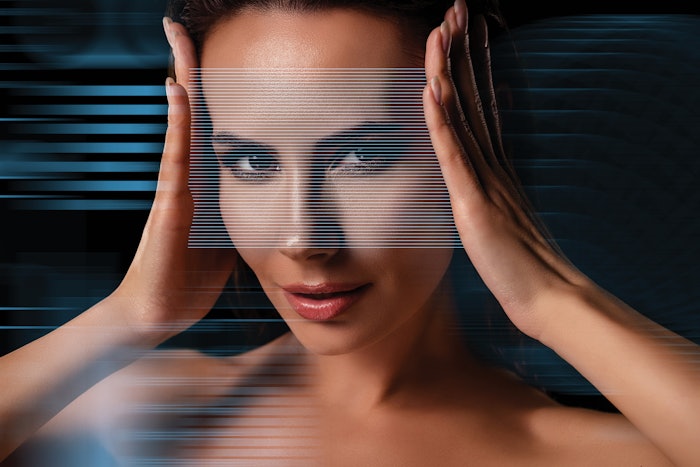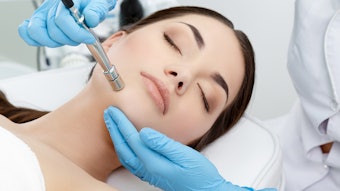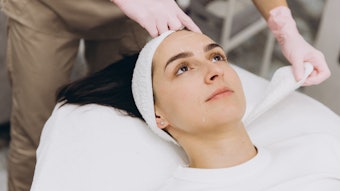
Artificial Intelligence (AI) is revolutionizing the skin care industry, offering spa owners and estheticians powerful tools to enhance client care, streamline operations and stay competitive. In this article, we will explore how AI can be practically applied in spa settings to deliver personalized treatments, improve diagnostics and elevate the client experience.
This article is only available to registered users.
Log In to View the Full Article
Artificial Intelligence (AI) is revolutionizing the skin care industry, offering spa owners and estheticians powerful tools to enhance client care, streamline operations and stay competitive. In this article, we will explore how AI can be practically applied in spa settings to deliver personalized treatments, improve diagnostics and elevate the client experience.
Personalized Skin Care Powered by AI
AI enables hyper-personalized skin care by analyzing a client’s skin type, lifestyle and environment. Tools like Haut.AI and Revieve use facial recognition and machine learning to assess skin conditions—empowering estheticians to recommend customized routines that adapt over time. This leads to better results and increased client satisfaction.
AI in Professional Skin Analysis
AI-powered diagnostic devices can detect subtle skin changes invisible to the naked eye. These tools enhance consultations, track treatment effectiveness and build client trust through data-driven insights. Spa owners can use these technologies to differentiate their services and improve outcomes.
Enhancing Education and Training
AI is transforming esthetics education by creating adaptive learning platforms like Milady CIMA. These tools personalize training based on student performance, helping estheticians master techniques more efficiently.
Ethical Considerations and Human Touch
While AI enhances capabilities, the human touch remains irreplaceable. Empathy, intuition and hands-on expertise are essential in spa services. Spa professionals must also ensure ethical use of AI, including data privacy and client consent.
Looking Ahead
Spa owners and estheticians who embrace AI will be better equipped to deliver exceptional results and grow their businesses. The fusion of technology and artistry is redefining beauty, and AI is at the heart of this transformation.
AI Tools in Skin Care: A Guide for Spa Owners and Estheticians
This guide provides an overview of cutting-edge AI tools currently used in the skin care industry. It's tailored to spa owners and estheticians seeking to enhance client care, streamline operations and stay competitive in a rapidly evolving market.
Haut.AI
Offers scientific skin analysis using over 15 metrics such as wrinkles, pigmentation and hydration. Can be embedded into websites for client-facing assessments and provides personalized skin care recommendations based on lifestyle, nutrition and sun exposure.
Practical Benefit: Ideal for spas wanting to shift from selling products to solving skin concerns.
Perfect Corp – Skincare Pro
Combines AI skin analysis, before-and-after tracking and CRM tools. Detects up to 14 skin concerns and generates personalized routines. Used by brands like Estée Lauder and Bobbi Brown.
Practical Benefit: Great for estheticians managing consultations, education and client records.
Proven Skincare
Uses AI to analyze individual skin profiles and create custom formulations. Focuses on hyper-personalization based on real-time skin conditions and lifestyle data.
Practical Benefit: Helps deliver truly customized skin care solutions.
EntityMed
Offers AI-powered aesthetic simulators for visualizing treatment outcomes such as fillers and Botox.
Practical Benefit: Builds trust and attracts new clients with realistic previews.
Cubix
Provides personalized product and service recommendations based on skin type and goals.
Practical Benefit: Enhances client satisfaction through tailored experiences.
Alby
Uses generative AI to respond to client queries with personalized suggestions.
Practical Benefit: Improves customer service without increasing staff workload.
AEDIT’s The AEDITOR
A 3D consultation platform for visualizing aesthetic transformations.
Practical Benefit: Helps clients make informed decisions with realistic previews.
L’Oréal’s Augmented Beauty Platform
Uses machine learning to analyze ingredient data and create innovative formulations. Accelerates R&D and supports sustainable product development.
Practical Benefit: Supports innovation and sustainability in product development.










